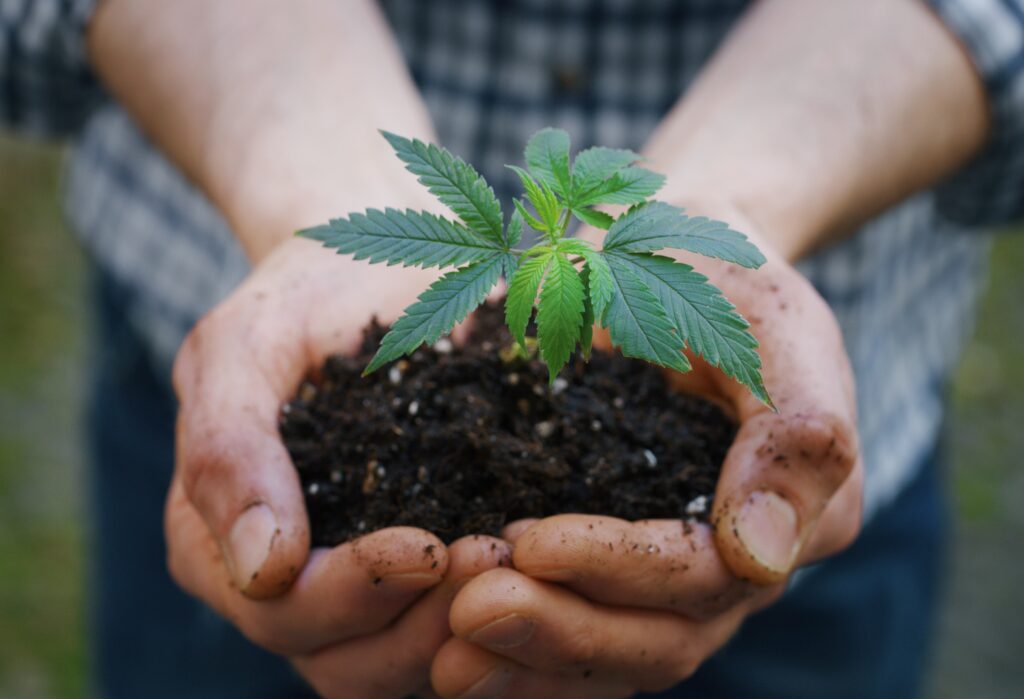What is Delta-8?
As cannabis culture continues to grow in the United States and abroad, delta-8 has gained recent popularity due to its similarity to delta-9, which is typically the most common cannabinoid in THC. Traditionally, when speaking about THC, people are usually referring to delta-9 but both delta-8 and delta-9 are types of THC.
Chemically, the difference between delta-8 and delta-9 is the location of one chemical bond setting them apart. However, this slight change in chemical composition affects how delta-8 binds to the receptors, leading to milder effects than its close relative delta-9.

Can Delta-8 Get You High?
Although independent from the traditional delta-9 in THC, delta-8 can still get you high.
The biggest difference between delta-8 and delta-9 is their potency. For comparison, Delta-9 can be compared to a beer or glass of wine while Delta-9 is like hard liquor. While both types of alcohol can make a person become intoxicated, the levels of consumption are different. Dr. Peter Grinspoon, a cannabis specialist and a primary-care physician at Harvard Medical, highlights these differences. “It’s less potent, but that doesn’t mean it gets you less high,” he says. “It’s sort of like you can’t argue that beer gets you less drunk than vodka.”
Delta-8 will still provide the same effects of delta-9, just on a milder scale. Some of the effects of delta-8 include euphoria, happiness, and relief from physical pain. Experts say that for those who get anxiety due to smoking, delta-8 can be a very beneficial alternative. While there is still more research to be done on delta-8, the current literature calculates that calculating delta-8 is less than half as strong as regular THC.
Is Delta-8 Legal?
The legality of Delta-8 is complicated, however, there seems to be a loophole is cannabis consumption. Delta-8 lives in a gray area because many current laws around cannabis consumption fail to address it. Due to the fact that delta-8 is commonly sourced from hemp, not cannabis, it is currently sold in states where cannabis is illegal, but hemp is fair game.
Hemp was declared legal in the 2018 farm bill passed by Congress, which defines hemp as: “All derivatives, extracts, cannabinoids, isomers, acids, salts, and salts of isomers, whether growing or not, with a delta-9 tetrahydrocannabinol concentration of not more than 0.3 percent.” Under this legislation, delta-8 is legal because it does not contain any delta-8 THC.
As delta-8 continues to grow in popularity, there will be more research on its impact and effects. In the meantime, it will be enjoyed as another alternative to traditional THC.
